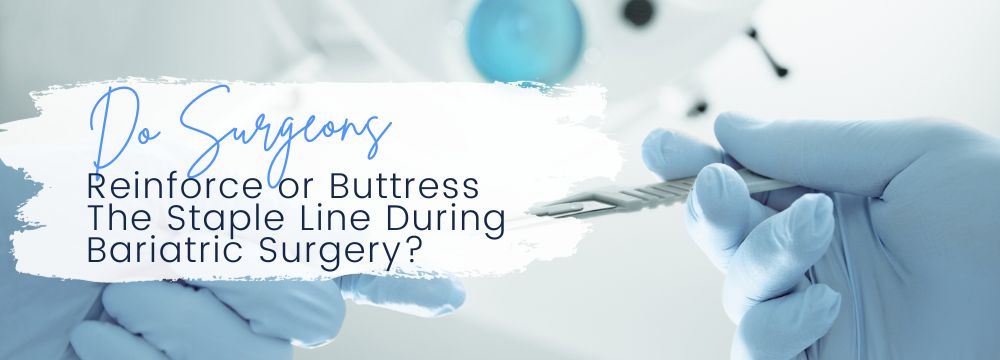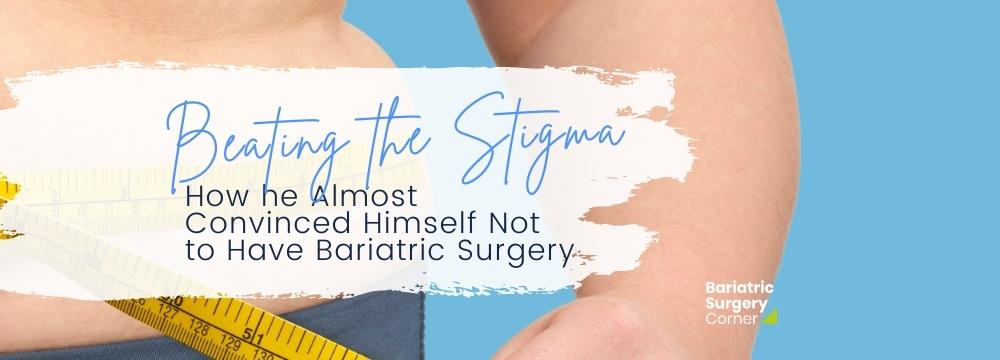In the surgical world, there are few procedures that require as much preparation as bariatric surgery. For example, hernia, gallbladder and even GERD patients may only need a consultation and a test or two before having the procedure. On the other hand, bariatric surgery patients will undergo a full suite of cardiopulmonary and psychological testing; some will require a medical weight loss program and potentially more.

The process from deciding to have bariatric surgery to the surgery date itself may require anywhere from 3-to-6 months depending on the patient’s general health and how they plan to pay. To start, many patients wonder if they are even candidates for bariatric surgery. There are certainly standardized criteria that both the surgical practice and the FDA have outlined as necessary to have bariatric surgery, such as a BMI of 35 or more with one or more obesity related comorbidities or a BMI of 40 or more regardless of comorbidities.
However, there’s also the question of finances. Will the patient be paying through insurance, financing their procedure, or paying in cash? All of these are very important, but there is one intangible that most patients do not consider — their willingness and ability to follow the new lifestyle that will be prescribed to them after bariatric surgery. It’s often said, and it’s so true, that the hard work begins when surgery ends. Yes, there’s lots of paperwork to handle before the procedure, but bariatric surgery is not a magic bullet. It’s not easy to instantly improve one’s dietary and exercise habits after surgery to ensure success.
This all begins with the motivation for surgery. Patients should have taken a deep look inside and should be sure that they are having bariatric surgery for themselves and for no other reason. What does it mean to have bariatric surgery for yourself? You shouldn’t have bariatric surgery because somebody else told you to do it, or because you’ve heard that it may be the best way to fight obesity. Rather, you must know, deep down inside, that it is the right time for you. You may have hit rock bottom. You may have had an “aha” moment. You may have looked in the mirror for the last time like this, knowing you deserve better.
You may be asking why? The answer is simple. If bariatric surgery is your decision alone, you will take responsibility for the challenges and responsibilities that you will face after surgery. This means that you will be more invested in your own health, weight loss, disease resolution and goals. Remember, it will be very exciting in the first year or two after surgery. But the further out you go, the harder it is to stay motivated. If you’re having surgery for the wrong reasons, it’s very likely that you could give up and go back to where you started.
So, as you research the bariatric process and whether it is right for you, take some time to introspect and understand your motivations for having surgery. Watch a few online seminars and even speak to your preferred surgeon or their past patients. At that point, you can make an informed and educated decision based on your feelings, your needs, and your wants for a better and happier life.









